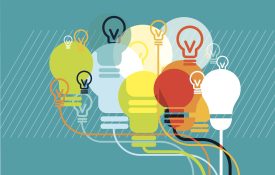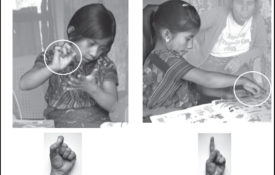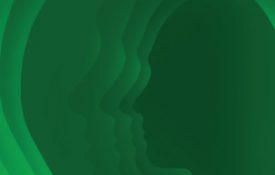-
People Have Very Different Understandings of Even the Simplest Words
In 2017Kris De Meyer, a neuroscientist who directs the Climate Action Unit at University College London, ran the opening session of a conference on decision-making under uncertainty for an audience of scientists, finance professionals and policy makers.
-

Being a Team Player: Opportunities and Challenges in the Era of Collaborative Science
The growing number of collaborative science teams changes the landscape of science and technology; whereas small teams disrupt science and technology by creating novel systems and ideas, large teams build on existing knowledge systems. Both will be crucial for moving science forward.
-

Communicating Psychological Science: The Lifelong Consequences of Early Language Skills
“When families are informed about the importance of conversational interaction and are provided training, they become active communicators and directly contribute to reducing the word gap (Leung et al., 2020).”
-
Your Native Tongue Holds a Special Place in Your Brain, Even if You Speak 10 Languages
Most people will learn one or two languages in their lives. But Vaughn Smith, a 47-year-old carpet cleaner from Washington, D.C., speaks 24. Smith is a hyperpolyglot—a rare individual who speaks more than 10 languages. In
-

The Self-Taught Vocabulary of Homesigning Deaf Children Supports Universal Constraints on Language
Researchers compared how young homesigners—deaf children without access to an established sign language—and English-, Spanish-, and Chinese-speaking adults describe the use of tools such as paintbrushes and knives.
-

New Content From Current Directions in Psychological Science
A sample of articles on conceptual clarification, language acquisition, insights from deep neural networks, how to reduce academic procrastination, improve learning, craving, and more.

